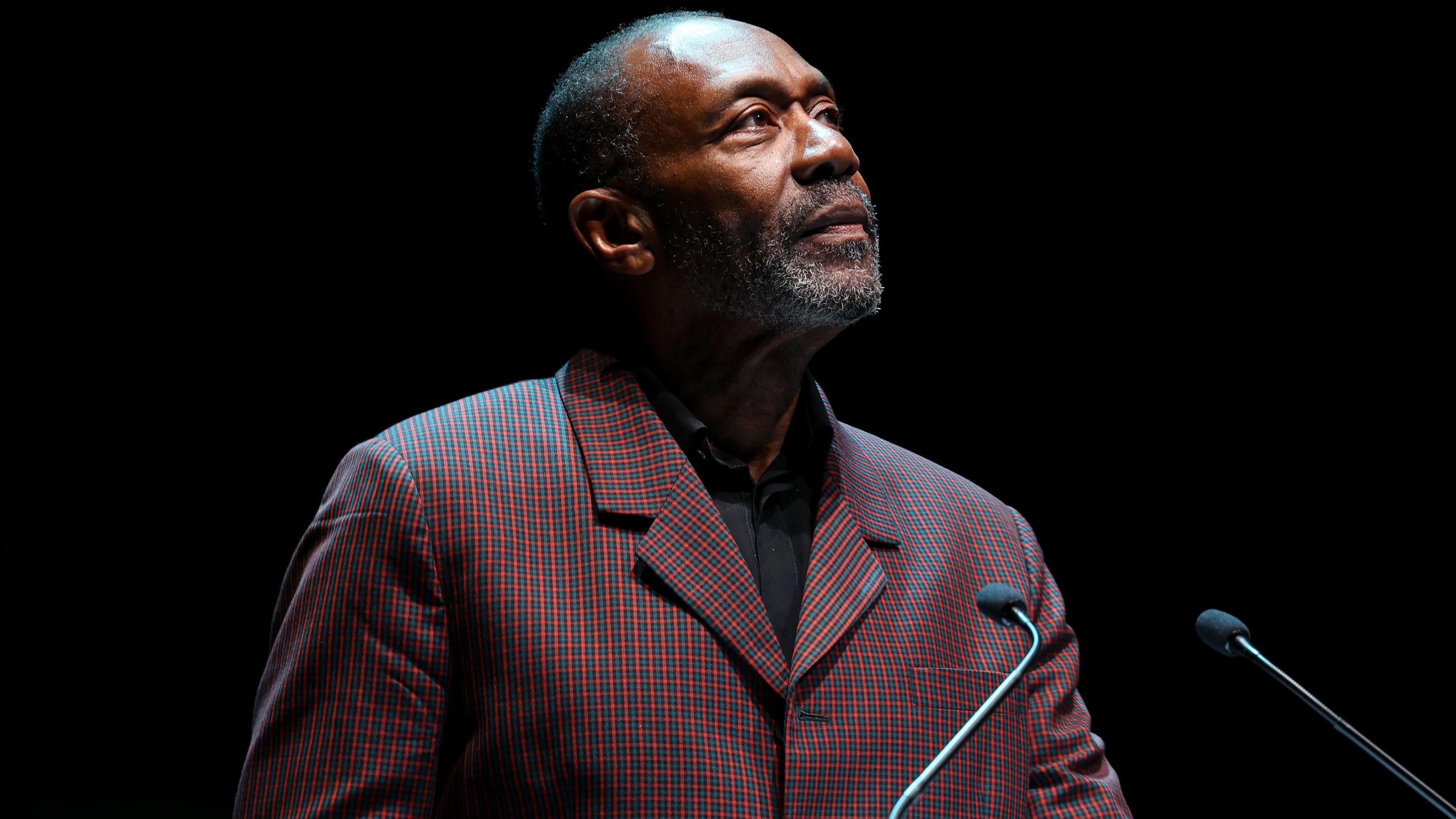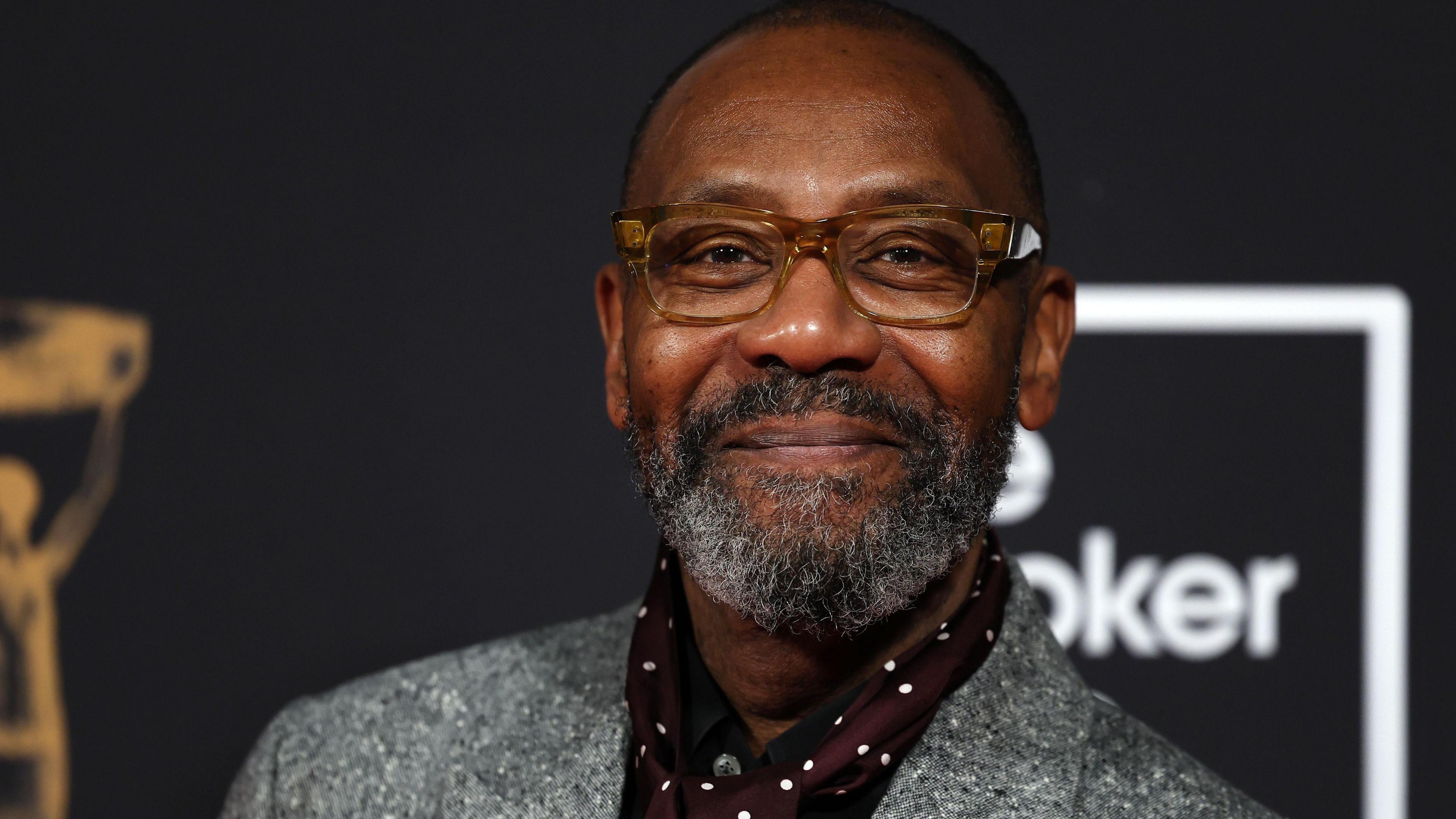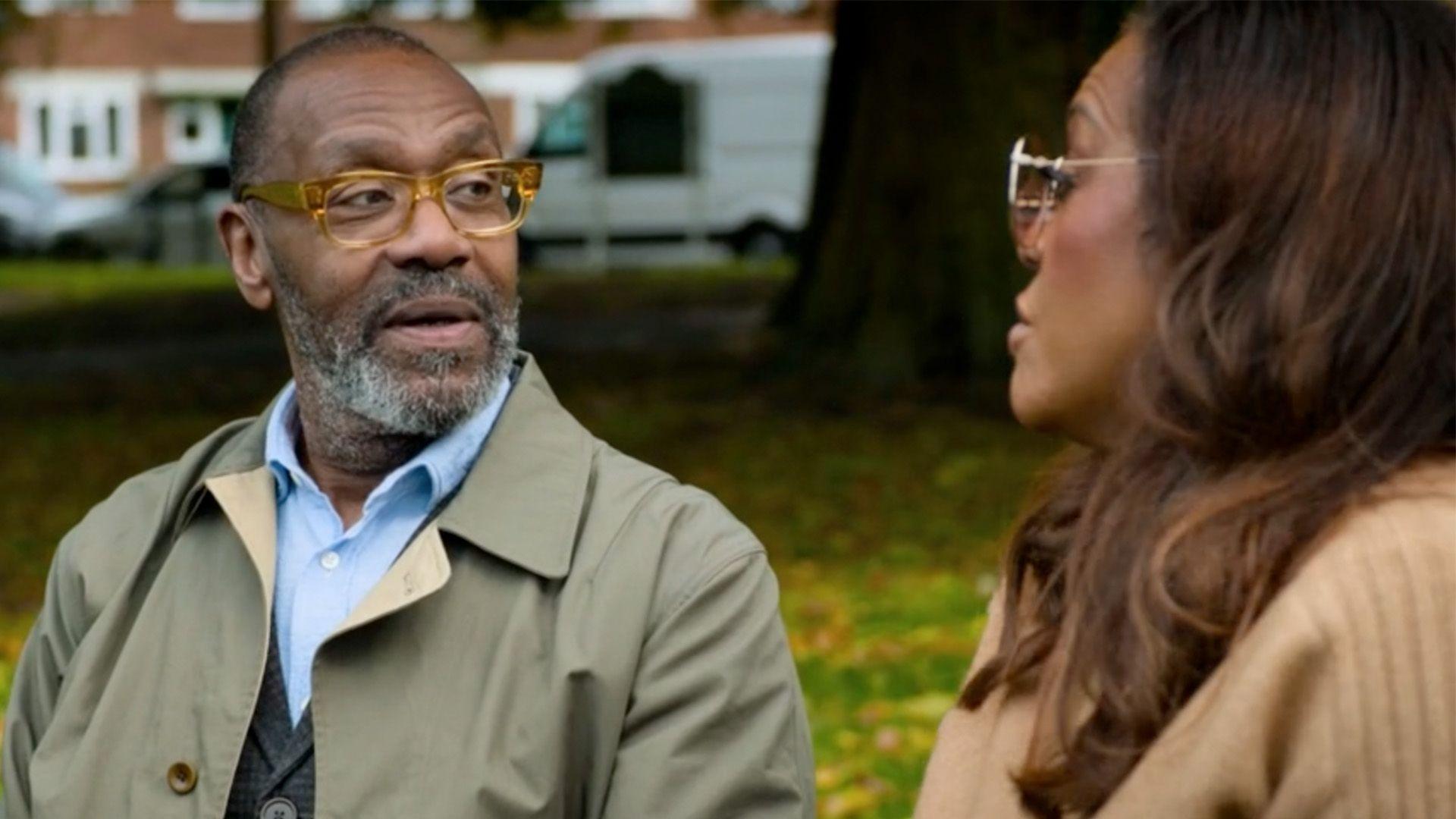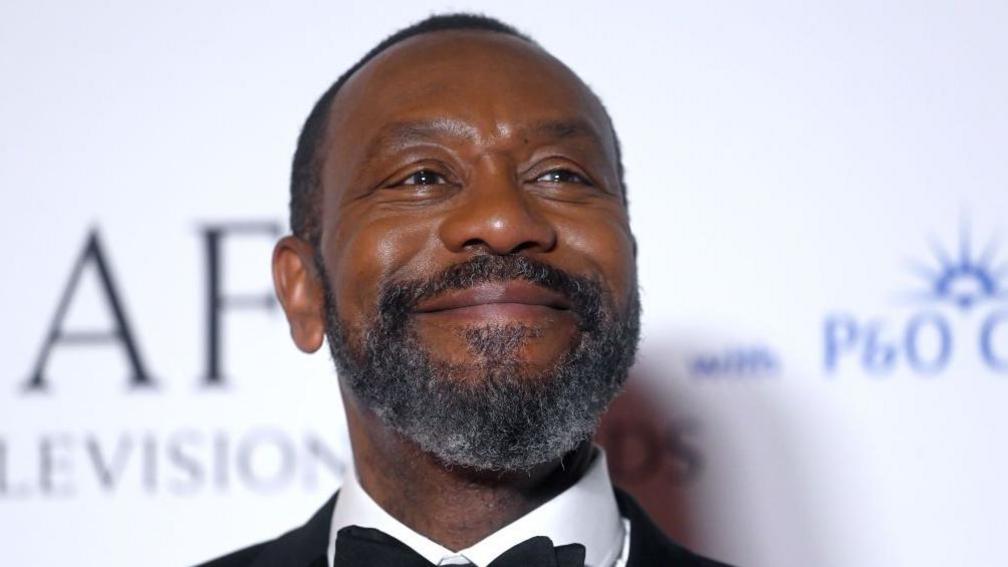Lenny Henry calls for reparations for black British people

- Published
Sir Lenny Henry has called for the payment of slavery reparations to all black British people.
Writing in a new book titled The Big Payback, the comedian supports the case for the UK government to give £18 trillion in compensatory payments.
In the book, Sir Lenny writes: "All black British people... need reparations for slavery," adding that "we personally deserve money for the effects of slavery".
Reparations are measures to make amends for past actions deemed wrong or unfair, and can range from the financial to symbolic.
Last year, a document signed by 56 Commonwealth leaders and heads of government, including UK Prime Minister Sir Keir Starmer, acknowledged calls for "discussions on reparatory justice" for the "abhorrent" transatlantic slave trade.
But Sir Keir said there had been no discussions about money at the meeting, and that the UK was "very clear" in its position that it would not pay reparations.
Last year, then-Foreign Secretary David Lammy said the concept of reparations for former colonial nations affected by slavery was "not about the transfer of cash".
In 2023, a UN judge said the UK was likely to owe more than £18tn in reparations for its historical role in slavery.
But reparatory justice could also take the form of a formal apology, educational programmes or public health assistance.
'Ridding the world of racism'
Speaking to the Guardian last month, external, Marcus Ryder, co-writer of Sir Lenny's book, said if Britain starts making reparations, "it would change the relationship and the dynamic it has with Africa, with India, the Caribbean, with lots of different emerging world powers”.
He continued: "It will benefit trade and the British economy if we have better relationships with all these countries."
Their new book declares that reparation payments can and should help with "ridding the world of racism".
Speaking to the Guardian alongside Ryder, Sir Lenny added: "These things take time. Look how long it took to abolish slavery. Look how long it took to pay for slave owners' loss of work and earnings.
"This is to try and push the dial so that the conversation begins that might lead to something, and that might take, very optimistically, another 100 years, another 150 years. We start the conversation so we can get on with it."
The book states that black British people are "twice as likely to be unemployed as their white counterparts" and "grossly over-represented in the prison population", arguing that is "all because of the transatlantic slave trade".
Slavery reparations not about transfer of cash, says Lammy
- Published4 November 2024
Time has come for reparations dialogue, Commonwealth heads agree
- Published26 October 2024
UK will not pay out over slavery, says Reeves
- Published24 October 2024
What form could reparations for slavery take?
- Published24 October 2024
The UK's history of slavery dates back to before the Roman Times, but its involvement in the large-scale transatlantic slave trade, transporting millions of African people to the Americas, began in around the 16th Century.
It was ultimately abolished, but in stages. Full emancipation for enslaved people in the British Empire, excluding some exceptions like the East India Company, was granted by the Slavery Abolition Act of 1833.
Sir Lenny Henry was born in Dudley in the West Midlands in 1958 to Jamaican parents who had immigrated to the UK.
The comedian and actor, who co-founded Comic Relief in 1985, was knighted by the late Queen Elizabeth II in 2015 for services to drama and charity.
Then in 2021, he co-curated a Guardian special called Black British culture matters, alongside Ryder.
He went on to write Three Little Birds, a six-part drama series based his mother's experience as part of the broader Windrush generation.
The show, co-written with Doctor Who showrunner Russell T Davies, aired on ITV in 2023.
Related topics
- Published5 October

- Published14 June

